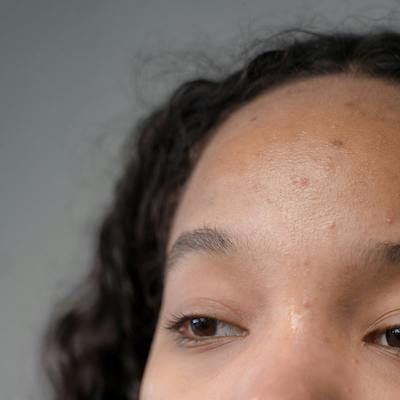Video
Less Commonly Used Medications in PN
Author(s):
Sarina B. Elmariah, MD, PhD, talks about less commonly used treatments for patients with prurigo nodularis (PN).
Raj Chovatiya, MD, PhD: What’s been your success with some of the therapies that maybe dermatologists are less familiar with using? These would be things that modulate opioid receptor access. Or perhaps those medications that might be more familiar to primary care psychiatry when we’re talking about SSRIs [selective serotonin reuptake inhibitors] or other psychiatric medications?
Sarina B. Elmariah, MD, PhD: It’s interesting because we know that opioid signaling plays a role in itch. For many years there have been reports that new antagonists like naltrexone, or even kappa agonists, mu-opioid receptor antagonists, have been helpful for different types of itch. I personally have not found those to be dramatically effective, the new antagonists like naltrexone. I will say that naloxone infusion has been helpful at times. I don’t need to do that frequently. Those have less of an impact on PN [prurigo nodularis], in my experience. Kappa opioid agonists, I have used them like butorphanol off-label. Nalbuphine, which is a combined new Kappa agonist, is currently being evaluated and has shown early data with an ability to reduce the itch and nodules of prurigo nodularis. I think it’s yet to be seen how effective that will be relative to either combination therapy or other immunomodulatory therapies. Certainly, I believe there will be a role in that.
Just to broaden the discussion, using more nonspecific gabapentin, pregabalin agents, similar to that. I do feel like those have an impact not only on the PN itself, but often with the comorbid anxiety, which can sometimes have that dual benefit. The same thing with amitriptyline, nortriptyline, or other antidepressants that can sometimes have both a sensory improvement as well as a mood improvement when that can be associated. It’s something else to think about. Even if you as an individual dermatologist don’t want to be prescribing it while working with an associate, their primary, or a psychiatrist can prescribe it to achieve that effect. It can have that dual benefit.
Transcript edited for clarity





